The end of success
Members of West Ottawa’s Science Olympiad team pose at The Rock after competing at regionals
January 19, 2022
Anticipating my 6th season of Science Olympiad, I was prepared to restart after having an odd season during the pandemic. As I approached my coach asking when the season was going to start, he calmly said we weren’t continuing the program this year.
After participating in the Science Olympiad program for so many years, I became used to spending February and March competing. Even though I was discouraged to continue after an unsuccessful pandemic season, I knew this season would be much better since we would be back in person, but that wasn’t the case.
Science Olympiad gave students the chance to compete in different areas of science. From optics to heredity to even food science, students had a wide variety of events to choose from. Students would spend up to four days a week learning more and more information while finalizing their notes.
During February, each weekend was filled with another invitational. Typically, the invitationals were back-to-back. For a member of the West Ottawa Science Olympiad team, having a free weekend was nearly impossible. Although the time period may only seem like 4 weeks, students would spend months preparing for a season.
Bring on the Stress
Almost every Saturday morning in February began in the main science room at Harbor Lights Middle School. From 6:30 AM coaches scrambled around finalizing notes, figuring out food plans, and finalizing schedules for everyone. Although it was early in the morning, there was never a moment of silence.
On the way to our invitationals, the bus was nearly silent as most students were either sleeping or planning their day. Luckily, the bus ride was our small break of silence before our days began. The sky was still pitch black, and the only thing visible was the glow from phones. Most competitions were only 20 to 30 minutes away, but for some, the ride felt like forever.
For me, the ride was the most stressful part. I could feel my stomach turning. Nothing was stressful about the ride, but somehow I always managed to overthink. “What if I fail? Will I be a disappointment if I get last?” Even though I spent hours a week studying, I still felt unprepared.
As we finally arrive, everyone always rushed to the truck to get everything unloaded. There was always a small area with a few tables for us to set up. No one was allowed to leave the area until everything was unpacked. Now, I only began to feel tenser.
When everyone scrambled to find their competition rooms, the hallways began to fill up with other confused students. Coming from a school with a system of numbers, it was different to see a school with an odd number system. The small maps given to us were always difficult to understand. Constantly flipping the map trying to find the correct orientation made me dizzy. The hallways went in one big circle at some competitions which made it difficult to find exact room numbers.
Especially at the larger competitions like regionals at Grand Valley State University, finding room numbers was challenging. It was possible to have a physics event like Optics in one building but a regular event like Heredity in a building across campus. For students that had an 8:00 AM event, they were only given one hour to find their rooms, finalize their notes, and make sure their day was planned out.
For some of us, our day was filled with events. A typical day for the older kids looked like: 8:00 AM arrival, 9:00 AM Invasive Species, 10:00 AM Ecology, 11:00 AM Reach for the Stars, 12:00 PM Experimental Design, 1:00 PM Food Science, 2:00 return to the team room. There was rarely any time to take a break since most events were 50 minutes long.
For the younger kids, their schedule was nowhere near similar. For my first two seasons of Science Olympiad, I studied multiple events, but I did not compete in them. In order to find which events I was most successful with, I had to study a wide variety of events. Towards the last few competitions in 7th and 8th grade, my schedule became full.
Being on a team with a bunch of experienced kids that were close to moving on from Science Olympiad brought lots of pressure. I felt the need to attempt to perfect everything I competed in. All of these kids were in 8th and 9th grade, so they weren’t going to be able to help for much longer.
With low participation from my grade, I knew that we were going to have to step up if we wanted to continue our invites to states. When I was nearing the time to transition to the high school team, there was barely any participation from the classes below.
The End?
As the 2021 season started, I was hoping for a normal season. At first, we were doing online meetings only. Staring at a computer screen watching my coach go through a slideshow only caused me to lose focus. I was easily distracted with my phone and cat right next to me.
When we finally had our first team meeting, only four people were attending. Between the four of us, there was no way we could cover every single event. Normally, a team consists of 15 members. Ranging from one to three events, every student competed in something to fill each event up. I found myself competing in four events.
Competing in so many events wasn’t a surprise to me as normally I would compete in four events, but this year it was different. Finding the motivation to compete was impossible. For once, I finally lost my passion for Science Olympiad.
One of the four members on the team, Ava Bos, was looking forward to her first high school season. Joining Science Olympiad in middle school, she was ready to join the high school team which was well known for being successful. “I remember how that optimism sank fast as no one else joined and the coaches told us the honest truth; there was no hope of getting to state,” Bos said.
Looking at the spectrum of events, Bos was one of the best when it came to events that required memorization and quick thinking skills. During a typical season, the students participating in fossils would spend the season preparing a binder for competition season. Last season, everything was online which made communication between partners more difficult, if they were lucky enough to have a partner.
When it came time for competition season, the new form of competing confused Bos. “If you did not make it to your computer in time you missed the event with no exceptions.” During a normal season, if a student was late to an event, they would be allowed to compete, but they would be at a disadvantage due to time. During the online season, the program would kick students out at certain times. There were so many possible things that could go wrong with a computer: Internet issues, a dead computer, an unexpected error, etc.
After the first online invitational was completed, it was clear that the program wasn’t going to continue. At that point, I knew regionals weren’t going to go well. The entire experience felt so different. Winning an award a few years ago felt amazing with everyone clapping and cheering. I celebrated my award in my room staring at a screen. There was no excitement.
Looking Forward
For the upcoming 2022 season, only the middle school program plans on continuing with Science Olympiad. If participation increases, it is possible that a high school program might resume in the future. Since the start of the program, Science Olympiad has always been a middle and high school club. After freshman year, students will no longer be able to participate. Only a small number of freshmen are eligible to return for a 4th year with the middle school program.
Everyone knew a decline was eventually going to arrive. As I entered Science Olympiad in 6th grade, I was the only person in my graduating class from my middle school. From that point on, I knew that participation was only going to decrease. In the class of 2023, there were no more than five of us in Science Olympiad. All were from Harbor Lights other than me.
The main issue with Science Olympiad was the image portrayed. When asking friends and classmates if they would be interested in participating, their answers were always similar, “Why would I want to take extra tests outside of school?” Because Science Olympiad was portrayed as extra tests and schoolwork, participation began to decrease.
Over the years, Science Olympiad found success, but now it is no longer here. Before my senior year arrives this fall, I hope Science Olympiad will return. Not only will the return impact me, but it will also affect my teammates that are also passionate about competing.

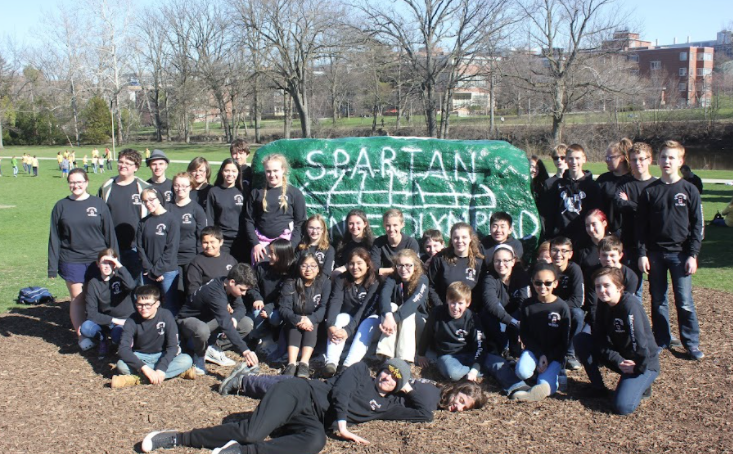

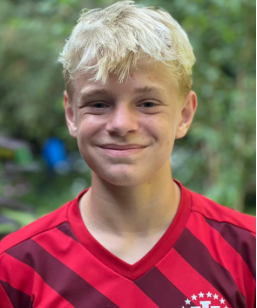
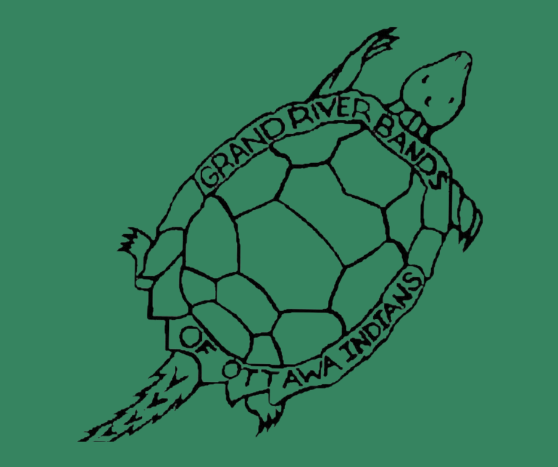
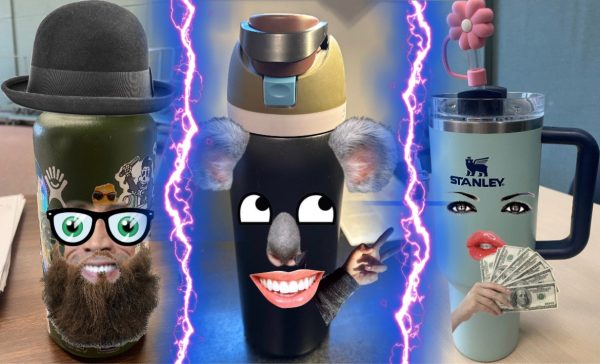

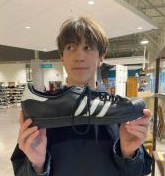

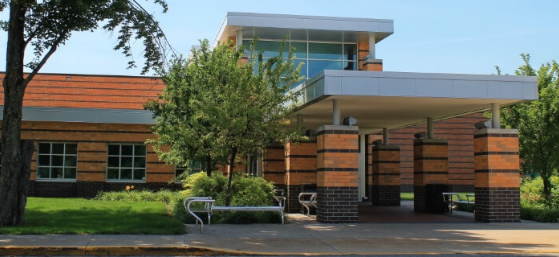
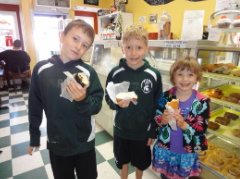
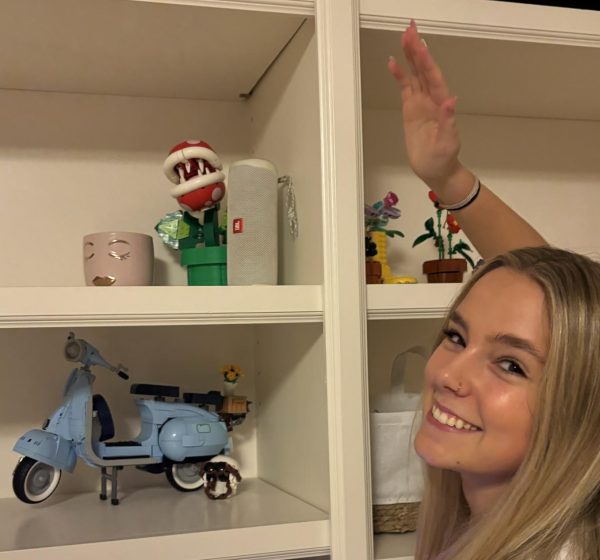

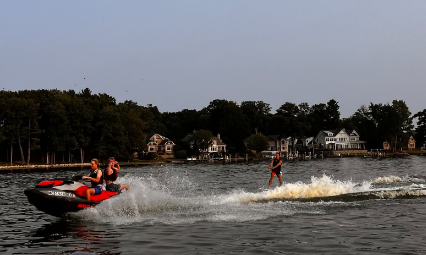
April • Jan 19, 2022 at 8:40 pm
amoung us liked this article